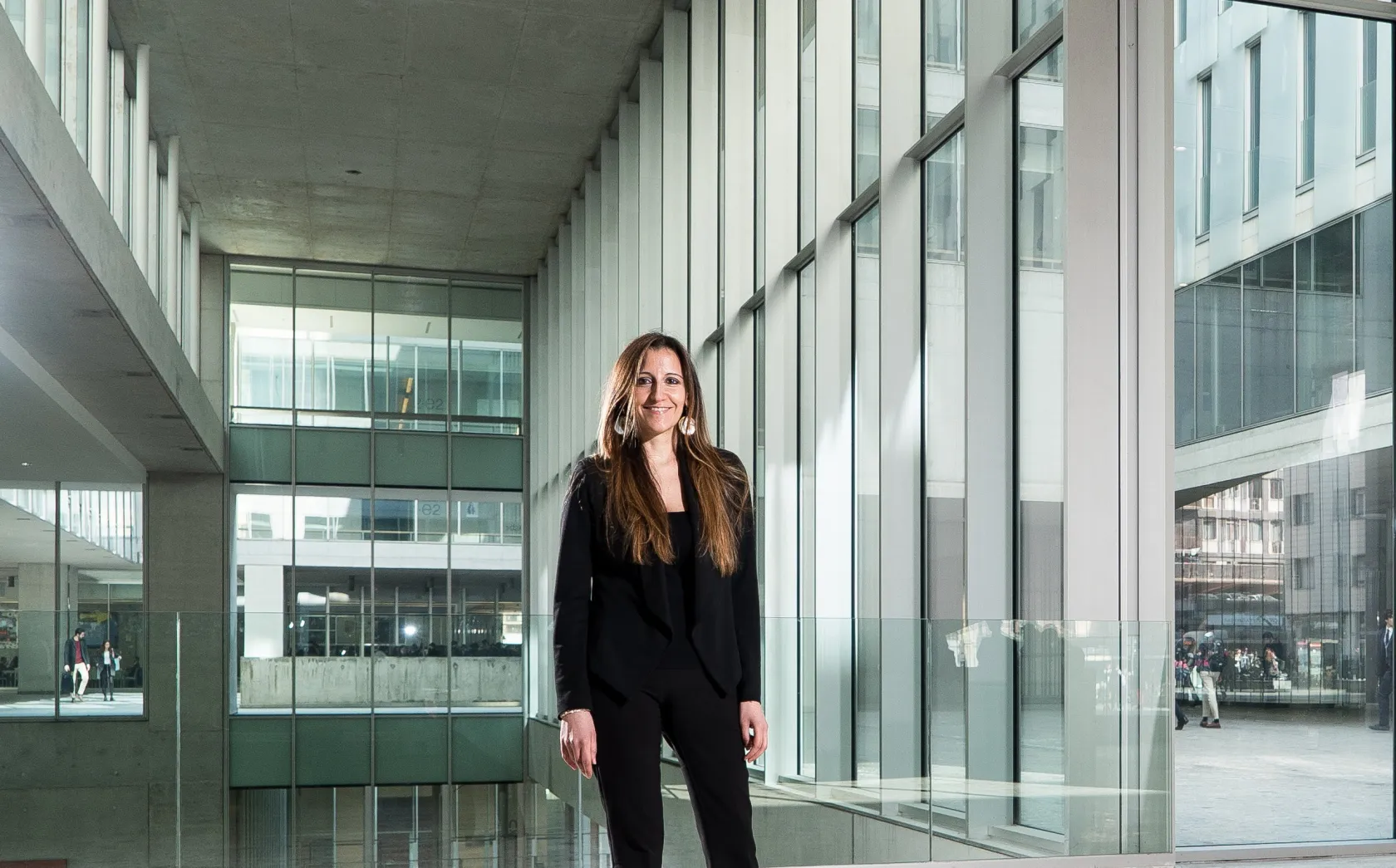
Immigration, a Reflection of Global Inequalities
In an interconnected world, immigration is both a testament to human pursuit of improved life conditions and a catalyst for societal transformation. As we grapple with the complex tapestry of global migration, it becomes evident that the issue extends far beyond the mere movement of people; it is inherently tied to questions of equality and justice.
The contemporary discourse on mass migration often revolves around economic concerns, national security, and cultural preservation. While these are critical aspects, they overshadow an alternative narrative on migration – one that sees it as the manifestation of global inequalities, often inherited from colonization or unequal commercial relationships.
One key facet of this discussion is precisely the unequal distribution of resources and opportunities. While immigrants seek refuge or economic prosperity, the current European framework is ill-equipped to address the challenges of economic migration. The migrant crisis is frequently addressed as the consequence of international political instability and humanitarian crises, sidelining economic migration as a less explored topic. Economic reasons are not listed within the conditions for access to asylum or other forms of international protection. Legal admission for lower-skilled economic migrants (non-asylum seekers) in the EU is often contingent on a pre-arrival work contract, hindering the possibility of mass migration being understood as an influx of workers that the EU economic system can then strategically deploy. Several reasons explain why this is the case, including Member States' authority to decide the volumes of admission of third-country nationals coming to their territory to seek work, as explicitly stated by Art. 79.5 TFEU.
EU policy in the field of work-related migration primarily focuses on the attracting of highly skilled workers. While this is an important policy goal, it falls short in addressing the issue of lower-skilled economic migration, mainly driven by the pursuit of better life opportunities..
In 2022, 9.93 million non-EU citizens were employed in the EU labour market, out of 193.5 million persons aged from 20 to 64, corresponding to 5.1% of the total (source: Eurostat). Data from the EU Commission, available on its website, reveal that migrants are overrepresented in sectors such as accommodation and food service, administrative and support service, domestic work, and construction, while being underrepresented in professional, scientific and technical activities, education, human health and social work activities. These figures underscore that lower-skilled migration is an important European issue.
One significant obstacle to perceiving large-scale economic migration as a European concern is the anti-immigrant sentiment fuelled by political parties that challenge the EU's cosmopolitan aspirations. Any European political initiative in these matters must contend with the pervasive narrative that immigration poses a threat to national identity. There is no shortage of studies, however, explaining how immigration is, among other things, an economic opportunity – one that some States may need in the future to sustain their welfare system or boost their economies.
Ultimately, the immigration debate should transcend divisive rhetoric and embrace an informed understanding of its implications. By addressing the root causes of inequality and fostering inclusivity, we can transform the narrative surrounding immigration into one that not only acknowledges its challenges but also celebrates the resilience and contributions of those seeking a better life on unfamiliar shores.
